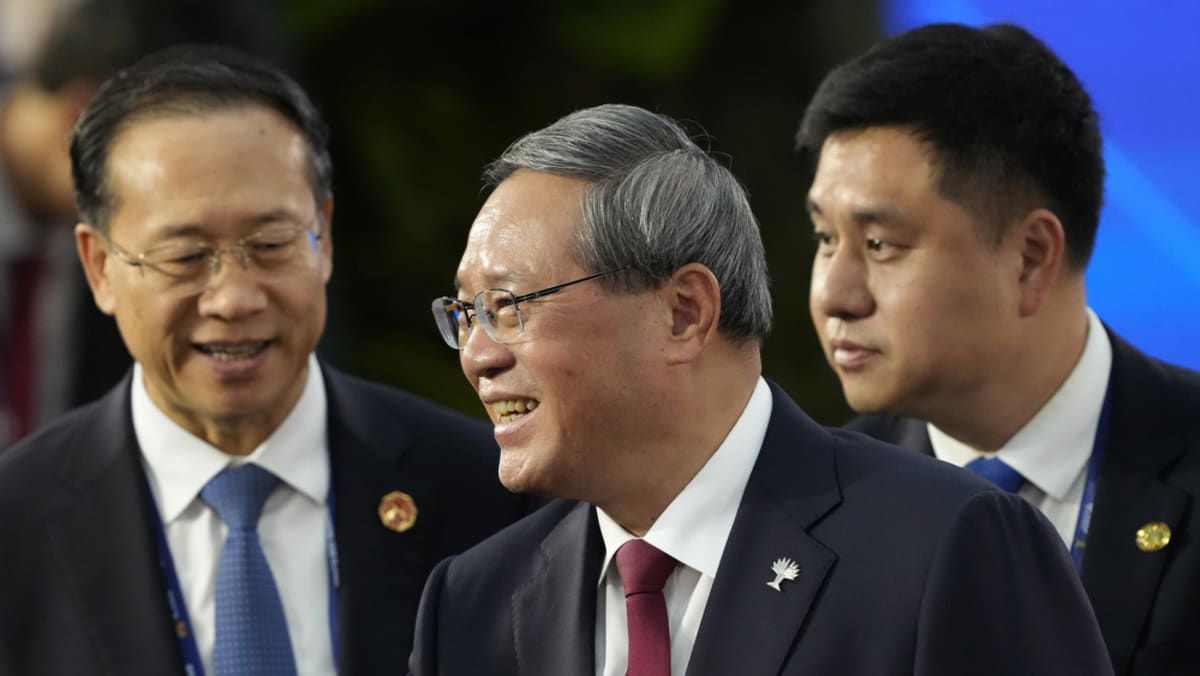NO SHOW
Conceived two decades ago as a forum for fast-growing economies, the BRICS have come to be seen as a Chinese-driven counterbalance to US and Western European power.
But as the group has expanded to include Iran, Saudi Arabia and others, it has struggled to reach meaningful consensus on issues from the Gaza war to challenging US global dominance.
BRICS nations, for example, collectively called for a peaceful two-state solution to the Israel-Palestinian conflict – despite Tehran’s long-standing position that Israel should be destroyed.
An Iranian diplomatic source said his government’s “reservations” had been conveyed to Brazilian hosts. Still, Iran stopped short of rejecting the statement outright.
In perhaps a further sign of the diplomatic sensitivities, Saudi Arabia’s foreign minister skipped Sunday’s discussions entirely, according to a Brazilian government source.
Saudi Arabia is among the world’s leading beneficiaries of high-tech US military exports and is a long-standing US partner.
The political punch of this year’s summit has been depleted by the absence of China’s Xi Jinping, who skipped the meeting for the first time in his 12 years as president.
The Chinese leader is not the only notable absentee. Russian President Vladimir Putin, charged with war crimes in Ukraine, also opted to stay away, participating via video link.
He told counterparts that BRICS had become a key player in global governance.
The summit also called for regulation governing artificial intelligence and said the technology could not be the preserve of only rich nations.
The commercial AI sector is currently dominated by US tech giants, although China and other nations have rapidly developing capacity.
